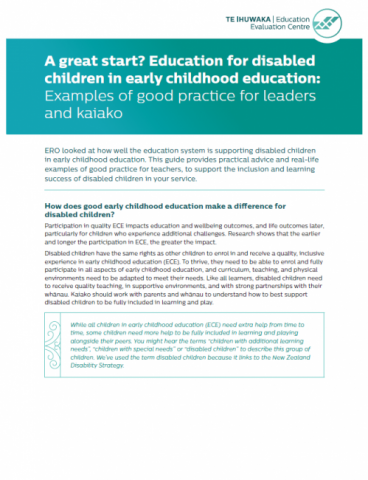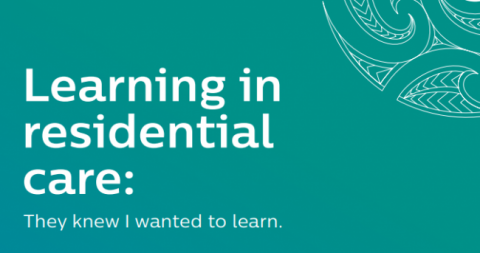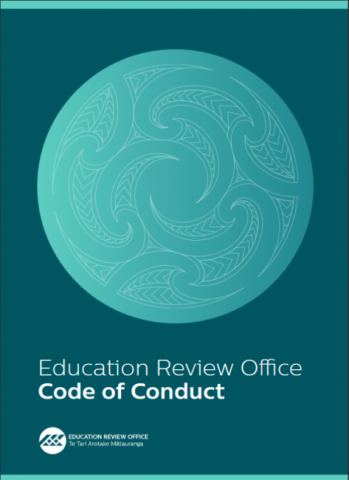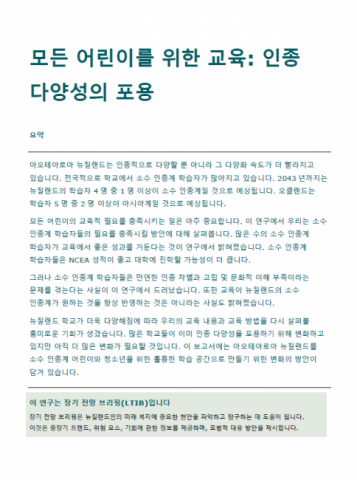Our structure
Published: 31 Mar 2021
ERO's Business Units include Review and Improvement Services; Te Ihuwaka | Education Evaluation Centre; Te Tahu Whare | Evaluation and Review Māori; and Corporate Services.
- Audience:
- Academics
- Early learning
- Education
- Māori-medium
- Parents
- Schools
- Content type:
- Basic page















